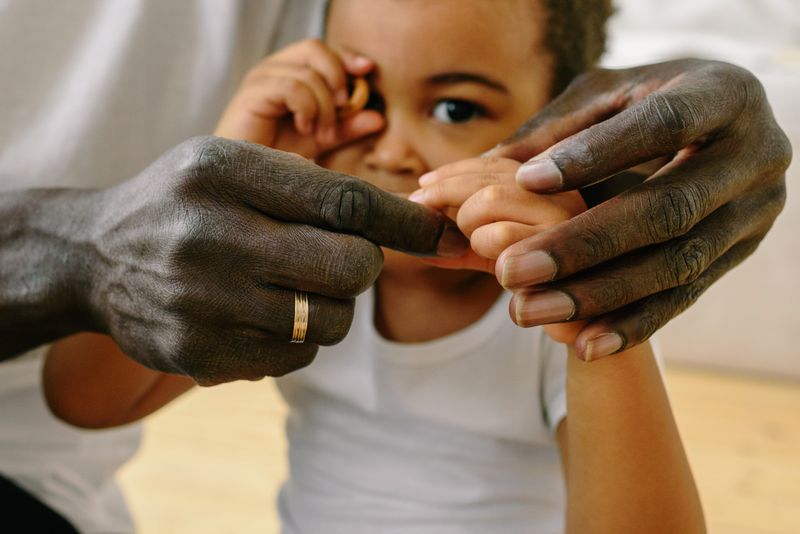In a landmark decision, the California Court of Appeals has overturned California Governor Gavin Newsom’s decision to deny parole for Leslie Van Houten, a former follower of infamous cult leader Charles Manson. Van Houten has spent over 50 years behind bars for her involvement in the slaying of Leno and Rosemary LaBianca on orders from Manson. The decision by the court of appeals marks the first time a governor’s denial of parole to a Manson follower has been overruled by a court.
Background and Facts of the Case
Leslie Van Houten, now 73 years old, has been recommended for parole five times since 2016. All of these recommendations were denied by either Gov. Newsom or his predecessor, Gov. Jerry Brown. In 2020, the Board of Parole Hearings recommended Van Houten for parole, stating that she did not pose an “unreasonable risk to public safety” and demonstrated remorse for her part in the murders. Despite having earned a Master’s degree in humanities and working as a tutor while incarcerated, Van Houten’s parole recommendation was denied by Newsom in 2022. The governor cited “gaps” in Van Houten’s self-reflection and therapy sessions as the reason for the denial.
Van Houten is serving a life sentence for her role in the LaBianca murders, during which she and other members of the “Manson family” fatally stabbed the couple before smearing the walls of their home with their blood. During the murders, Van Houten put a pillowcase over Rosemary LaBianca’s head while another member of the Manson family, Charles “Tex” Watson, stabbed Leno LaBianca. Patricia Krenwinkel and Watson then stabbed Rosemary. Although Van Houten suspected that Rosemary was already dead, she stabbed her 14 to 16 times with a knife. The Tate-LaBianca murders shocked the world and symbolized Los Angeles in the late 1960s. Manson and his followers were sentenced to death in 1971, but their sentences were commuted to life in prison after capital punishment was ruled unconstitutional in 1972.
Implications of the Court Decision
The Court of Appeals’ decision has significant implications for the parole eligibility of Manson followers who have committed similar crimes. Manson and his followers remain infamous to this day, with their crimes holding a significant place in the popular imagination. However, it is essential to evaluate the decision in the context of the modern justice system and the principles of rehabilitation and remorse.
The judges for the appellate court noted that Van Houten had undergone decades of therapy, self-help programming, and reflection in the past 50 years. They stated that Newsom’s decision to deny parole failed to account for this and showed a lack of acknowledgment for the progress and development that Van Houten has undergone during her imprisonment. The court’s decision shows a commitment to the principles of rehabilitation and redemption while emphasizing that a life sentence should not be absolute.
Philosophical Discussion and Editorial
The case raises philosophical questions about punishment, redemption, and rehabilitation. The primary purpose of the justice system is to protect society by punishing crimes and deterring future criminal behavior. However, in cases such as Van Houten’s, where incarceration has lasted for over 50 years, the question of whether the sentence is still serving its intended purpose must be raised.
The court’s decision to overturn Newsom’s denial of parole can be seen as an endorsement of the principles of rehabilitation and redemption. As humans, we are flawed beings capable of significant transgressions. However, we are also capable of change and redemption, especially after facing consequences for our actions. Leslie Van Houten is not the person she was over 50 years ago when she participated in the LaBianca murders. She has undergone significant development and growth while in prison, as noted by the appellate court judges. The decision acknowledges the possibility of rehabilitation, growth, and change, even in those who have committed heinous crimes. It serves as a reminder that our justice system should strive for the rehabilitation and possible redemption of those who have committed crimes rather than being solely focused on punishment.
That said, it is crucial to note that the ramifications of denying a parole recommendation go beyond personal loss. The LaBianca family, as well as all those affected by Manson’s violent crimes, are likely to experience further pain, trauma, and loss if Van Houten is released. Therefore, it is essential that the potential risks, as well as the progress of the individual, are evaluated thoroughly and objectively when evaluating parole recommendations.
Advice
While many people may argue that Van Houten and other members of the Manson family should never have the possibility of parole, we must consider the principles of rehabilitation and redemption in our justice system. Incarceration may be necessary to protect society, but it should not be absolute or lifelong – rehabilitation and personal growth should be the end goals of the justice system. As such, it is crucial that decisions regarding the parole eligibility of inmates are made objectively and without external pressure or bias. Ultimately, we hope that the justice system continues to uphold the principles of rehabilitation, redemption, and growth as it strives to balance personal rehabilitation and the protection of society‘s welfare.

<< photo by EKATERINA BOLOVTSOVA >>




